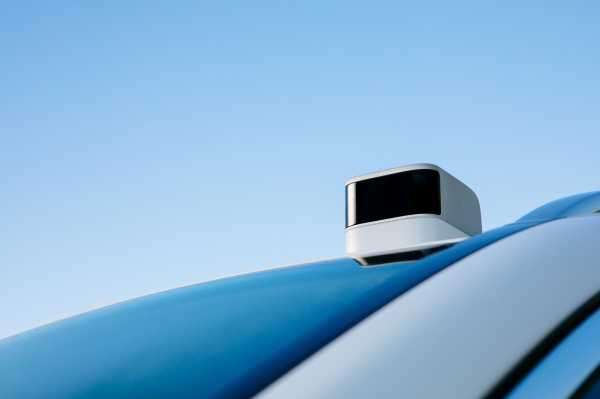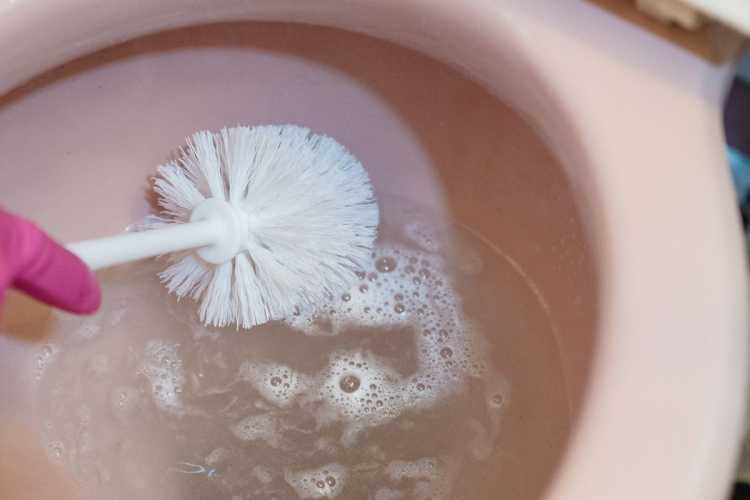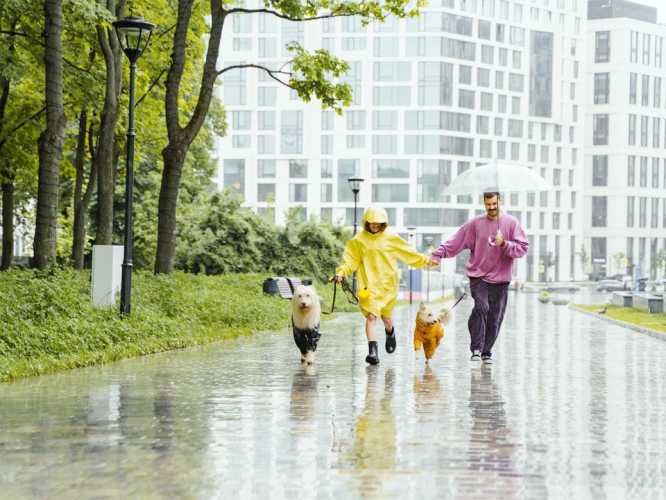Aeva strikes deal to sell industrial sensors to Germany automation firm

Sensor is seen on a vehicle at Aeva Inc, a Mountain View, California-based startup that makes lidar sensors to help self-driving vehicles see the road in an undated handout photo provided September 4, 2020. Courtesy of Aeva Inc/Handout via REUTERS
Aug 1 (Reuters) – Aeva Technologies Inc (AEVA.N) on Monday said it has reached a deal with a German firm to sell its sensors for industrial uses such as automating manufacturing lines with machines and self-driving mining trucks.
Silicon Valley-based Aeva makes lidar sensors, which can help self-driving cars and other devices gain a three-dimensional view of their surrounding world. Aeva's take on the technology can also detect how fast objects are moving, helping it distinguish stationary objects from pedestrians and other cars.
While Aeva is targeting self-driving car markets, it has also started selling its sensors to industrial firms. The company said that Sick AG, a German company that helps factories automate production using machines and sensors, has agreed to use Aeva sensors for industrial markets.
The deal follows an earlier agreement Aeva struck with Nikon Corp (7731.T) to use Aeva sensors in factories. While Nikon is using Aeva sensors to scan manufactured items indoors from a few feet away for microscopic defects, Sick plans to use the sensors for scanning tens or hundreds of feet away in outdoor applications like mining vehicles or logistics cranes loading containers at ports, among scores of potential uses.
"Industrial is quite fragmented," Aeva's chief executive, Soroush Salehian, told Reuters in an interview. "Effectively, they are a reliable, qualified (sales) channel partner for us so that we don't have to go make deals with thousands of companies, which becomes very challenging to try to do."
In addition to selling sensors to Sick, Aeva will provide Sick with software to tweak the sensors for varying uses. Salehian said the deal includes software license revenue in addition to hardware sales, but he declined to comment further on the size of the deal.
Aeva said it will begin supplying its Aeries II sensors to Sick this year, with full production under the deal expected to start in 2024.
Reporting by Stephen Nellis in San Francisco; Editing by Leslie Adler
Our Standards: The Thomson Reuters Trust Principles.
Source:www.reuters.com


